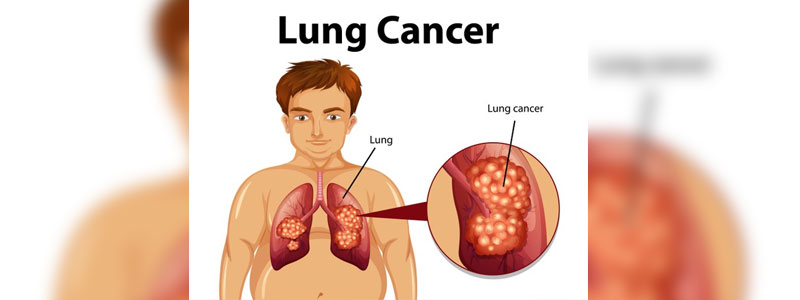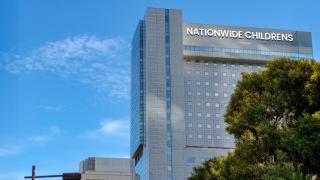Calif.'s First Zoom Asbestos Trial Ends In Defense Verdict
Calif.'s First Zoom Asbestos Trial Ends In Defense Verdict

Introduction
On Thursday, a California jury, who had been deliberating virtually for two days over a $70 million asbestos case, reached a defense verdict for Honeywell at the conclusion.
The lawsuit was brought by a couple, asking the California jury to award them $70 million over the claims that he contracted peritoneal mesothelioma while working as a maintenance worker at three auto dealerships.
According to the Jurors in the California Superior Court for Alameda County, Honeywell proved that it adequately warned Bendix brake pads contained asbestos. The final phase was taken over by Alameda Superior Court Judge Jo-Lynne Lee, who had instructed the jurors on the elements that the plaintiffs should prove to win damages from Honeywell. The elements included that Bendix unit sold brakes to the dealership or they were in GM cars serviced on-site, that they contained asbestos, that Bendix should have warned of the cancer risk, and that asbestos dust from the company’s products was a “substantial factor in causing harm” to the plaintiff. The jurors also noted that the company reasonably relied on General Motors to convey those warnings.
Peter C. Beirne of the Paul Law Firm, the attorney representing the couple, in his final rebuttal argument alleged that Honeywell withheld documents and made it difficult to find those documents. He also pointed to an infamous 1966 letter by a Honeywell executive who said, “if you have enjoyed a good life while working with asbestos products, why not die from it.”
David R. Ongaro of Ongaro PC, an attorney for Honeywell, said that the plaintiffs never proved two points that the car dealership handled asbestos brake pads and they were manufactured by Bendix, even though they presented expert testimony from doctors and an industrial hygienist who said asbestos dust from brake pads could have caused the illness.
The case was the first of two expected verdicts, as Alameda County is pushing trials due to the problems posed by COVID-19.
In the U.S., the earliest known asbestos-related lawsuit was filed by a woman in 1929 in the Newark (NJ) Federal Court. Along with her, at least 15 other individuals with asbestos-related claims were trying to get compensation. Unfortunately, the woman's lawsuit was thrown out in 1934, but it brought forth the wave of many such lawsuits. One of the biggest companies targeted by these lawsuits was Johns-Manville Corporation, which filed for bankruptcy in 1982.
Asbestos MDL No. 875 was created in 1991 in the Eastern District of Pennsylvania and is one of the largest and longest-lasting MDL. Till 2011, over 121,000 cases got transferred to this MDL, of which over 108,000 cases were settled, dismissed, or remanded, and around 13,000 are still pending.
Latest News
Texas Trial to Decide J&J’s $10B Talcum Powder Settlement
A high-stakes trial in Texas will determine whether Johnson & Johnson (J&J) can resolve tens of thousands of talcum powder cancer lawsuits through a…




